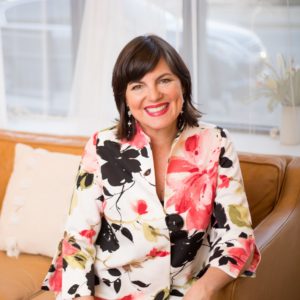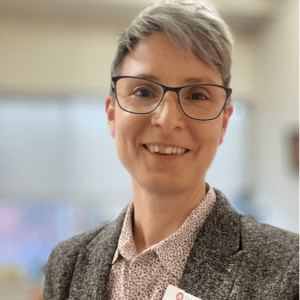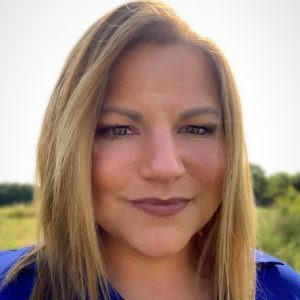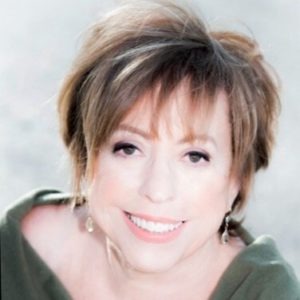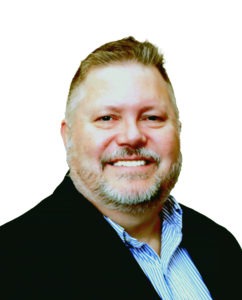Ways to Use Music to Benefit Senior Care Residents: Part II

Lance Merrell, music specialist, Sagewood at Daybreak
Previously, we introduced you to Carrie Deppong, Director of Therapeutic Recreation at United Hebrew of New Rochelle. Deppong shared the many ways that United Hebrew uses music and music therapy to benefit residents. Today, we’re pleased to share details on how another facility uses music to support its residents.
How Sagewood at Daybreak, a Kisco Senior Living Community, Supports its Residents with Music
Sagewood at Daybreak, located in South Jordan, Utah, implemented a music program that gained traction during the COVID-19 pandemic. Lance Merrell, Music Specialist at Sagewood at Daybreak, first connected with the community during the summer of 2020.
“I was living in a new area and hearing stories about seniors feeling really isolated during the pandemic. It reminded me of my previous work at a senior living facility – I’d been there for two years and was missing the residents.”
In hopes of providing musical performance to another facility, Merrell started to reach out to local senior care communities and contacted Sagewood at Daybreak. The community was holding outdoor performances where residents could stay in their rooms or come out on their balconies to hear the performers in the courtyard. Merrell started performing at the community once a week.
Sagewood at Daybreak was looking to incorporate more music into their programming at the time and approached Merrell about a staff position. He accepted the position and the music program started in August of 2020.
Navigating the Challenges of the Pandemic
Launching a music program in the height of the pandemic wasn’t without its challenges. When Merrell first joined Sagewood at Daybreak, the community was following very strict COVID-19 procedures. There were no group activities at the time, which made it very difficult to create a program.
Merrell began by working to get music into residents’ rooms, where they spent most of their time. He held hallways singalongs and livestream musical performances residents could watch on their TVs during dinner. Merrell also recorded some music that residents could watch on TV late at night. He also put music on the player piano in the lobby.
As vaccines became available, the community was able to lift some restrictions and create group activities. These group activities created more of a sense of community.
The Benefits of Music in Senior Care Settings
Though establishing the program in a way to keep residents safe was a challenge, it was well worth the benefits that the music offered to residents. “Music is a very social experience,” explains Merrell. “We as humans have just naturally always used music to interact with each other. Residents find community and connection socially through music and through our different music activities.”
Merrell notes that music helps residents to emotionally express themselves, release emotions, process negative emotions, and also feel positive emotions.
“Cognitively, it’s a great exercise and tool to help residents engage in cognitive function,” he says. “Our Music & Memory activity, where we use different musical songs and techniques to exercise thinking and memory, doesn’t necessarily cure dementia, but it helps residents gain confidence in the aspects of the cognition that they still have.”
Merrell has received only positive feedback to the program. “Residents just want more,” he says. “I’ve always gotten positive feedback, and I also get a lot of really good suggestions and requests from residents. I get requests all the time for certain songs or singers in activities. The residents are always wanting something more and are really excited to engage with the activities and enjoy more music.”
For example, one resident who had played the violin all of her life had been taking ukulele lessons before the pandemic. During the pandemic, she was missing meeting with her ukulele class, so Merrell would play his guitar while she played her ukulele. She started to tell other residents about the ukulele, and other residents were interested. They approached Merrell and asked to start a ukulele class. That class has been in effect for about two months and grew to the point where Merrell had to split it into beginner and intermediate levels.
Implementing Music Therapy in Your Senior Care Community
Merrell recommends that any senior care community interested in implementing music therapy or a music program find people who have experience with both music and seniors. “Wherever possible, look for a board-certified music therapist,” he advises. “They are the best resource for providing a therapeutic musical experience.” You can find a database of music therapists on the American Music Therapy Association’s website.
As far as an ideal frequency, Merrell recommends providing residents with a daily dose of music when possible. “When we use music in a therapeutic sense, it’s almost like a medicine and should be used regularly but not constantly, or it loses its power. I find that a daily dose of music is really powerful. It doesn’t have to be a constant all-day, everyday thing,” he says.
He also notes that it’s very normal for people in general to feel like they can’t engage with music because they’ve never done it before or have never played an instrument. “People would say, “I can’t come to that group, I’m not a good singer.” They feel like they’re not good enough to come,” Merrell explains. “I always tell them that there’s no musical experience required, and that I’ll teach them. Wherever they’re at is wonderful. Music activities and music therapy in general is for anyone, and it can meet anyone wherever they’re at.”

Paige Cerulli is a contributing writer to i Advance Senior Care.
Related Articles
Topics: Activities , Alzheimer's/Dementia , Featured Articles , Technology & IT



